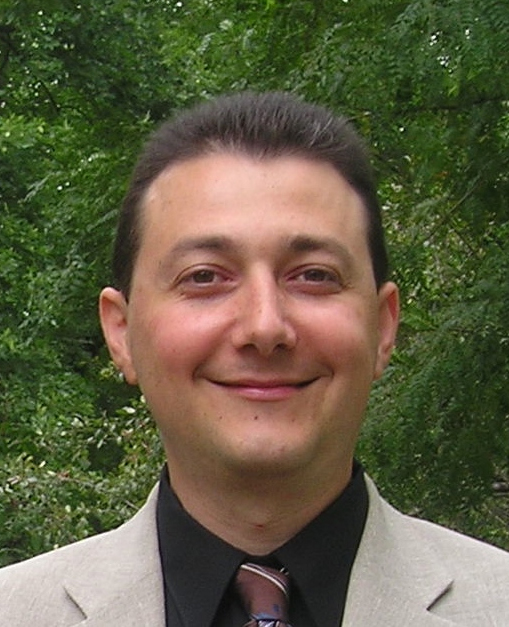Research led by investigators at Memorial Sloan Kettering Cancer Center and Weill Cornell Medical College has shown for the first time that organ tissue derived from human prostate cancer tumors can be grown in the laboratory, giving researchers a new tool to test cancer drugs and personalize cancer treatment.

Dr. Andrea Sboner
The results published Sept. 4 in Cell show that the researchers successfully grew six prostate cancer organoids from biopsies of patients with metastatic prostate cancer and a seventh organoid from a patient's circulating tumor cells. Organoids are three-dimensional structures composed of cells that are grouped together and spatially organized like an organ. The tissue structure of the prostate cancer organoids is highly similar to the metastasis sample from which they came. Sequencing of the metastasis samples and the matched organoids showed that each organoid is genetically identical to the patient's cancer from which it originated.
"This represents a new tool to move the results of cancer research closer to the effective treatment of patients," said co-first author Dr. Andrea Sboner, an assistant professor of pathology and laboratory medicine and of computational genomics in computational biomedicine at the HRH Prince Alwaleed Bin Talal Bin Abdulaziz Al-Saud Institute for Computational Biomedicine at Weill Cornell, as well as a member of the Institute for Precision Medicine at Weill Cornell and NewYork-Presbyterian/Weill Cornell Medical Center. "We can now build biological models that closely resemble a patient's tumor and better understand the mechanism of cancer progression and resistance in the context of new therapeutic agents that are being developed."
After skin cancer, prostate cancer is the most common cancer in American men — about 233,000 new cases will be diagnosed in 2014. It is also the second-leading cause of cancer death in men; 1 in 36 will die of the disease.
Despite its prevalence, prostate cancer has been difficult to replicate in the lab. Many mutations that play a role in its growth are not represented in currently available cell lines. Cell lines can also differ from their original source, and because they are composed of single cells, they do not offer the robust setting for gaining relevant information and screening drugs that an organoid — which more closely resembles a living organ — can provide.
"Identifying the molecular biomarkers that indicate whether a drug will work or why a drug stops working is paramount for the precision treatment of cancer," said senior author Dr. Yu Chen, an assistant attending physician in the Genitourinary Oncology Service and Human Oncology and Pathogenesis Program at Sloan Kettering. "But we are limited in our capacity to test drugs — especially in the prostate cancer setting, where only a handful of prostate cancer cell lines are available to researchers."
With the addition of the seven prostate cancer organoids described in the Cell paper, the research team has effectively doubled the number of existing prostate cancer cell lines.
"We now have a new resource at our disposal that captures the molecular diversity of prostate cancer. This will be an invaluable tool we can use to test drug sensitivity," Dr. Chen said.
The use of organoids in studying cancer is relatively new, but the field is exploding quickly. In 2009, Dr. Hans Clevers of the Hubrecht Institute in the Netherlands demonstrated that intestinal stem cells could form organoids. Dr. Clevers is the lead author on a companion piece also published in the Sept. 4 Cell that describes how to create healthy prostate organoids. The Sloan Kettering-Weill Cornell research is the first to demonstrate that organoids can be grown from prostate cancer samples.
The prostate cancer organoids can be used to test multiple drugs simultaneously, and Dr. Chen's team is already retrospectively comparing the drugs given to each patient against the organoids for clues about why the patient did or didn't respond to therapy. In the future, it's possible that drugs could be tested on a patient's organoid before being given to the patient to truly personalize treatment.
"Although we are not at that stage yet, we could envision that in the future, organoids will be derived from a patient tumor and grown in the lab," Dr. Sboner said. "A series of tests on the organoid would then allow us to determine the most effective treatment for that patient."
A version of this story ran at http://www.mskcc.org/pressroom/press/newest-precision-medicine-tool-prostate-organoids.
